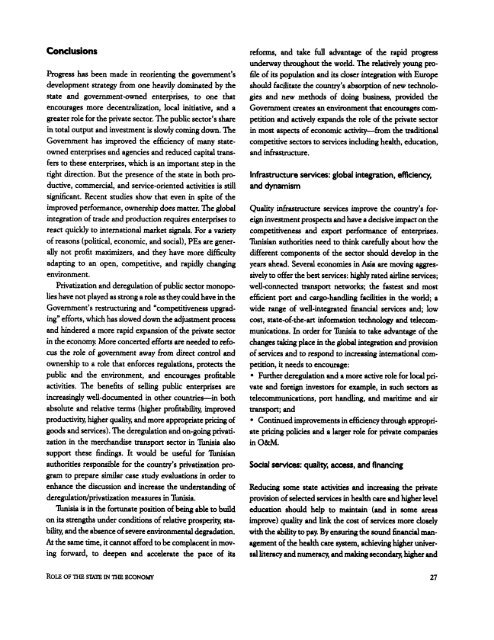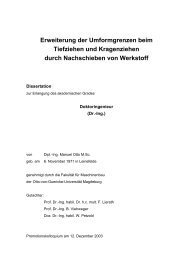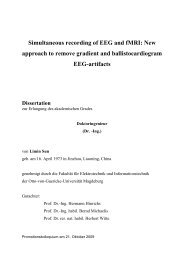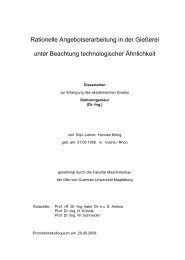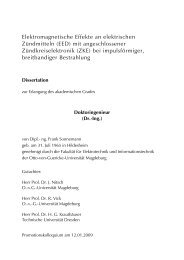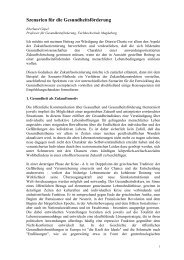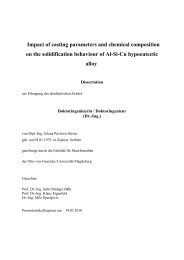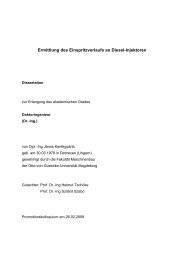Chapter 1
Chapter 1
Chapter 1
Create successful ePaper yourself
Turn your PDF publications into a flip-book with our unique Google optimized e-Paper software.
Conclusions reforms, and take full advantage of the rapid progress<br />
underway throughout the world. The relatively young pro-<br />
Progress has been made in reorienting the government's file of its population and its closer integration with Europe<br />
development strategy from one heavily dominated by the should facilitate the country's absorption of new technolostate<br />
and government-owned enterprises, to one that gies and new methods of doing business, provided the<br />
encourages more decentralization, local initiative, and a Government creates an environment that encourages comgreater<br />
role for the private sector. The public sector's share petition and actively expands the role of the private sector<br />
in total output and investment is slowly corning down. The in most aspects of economic activity6-from the traditional<br />
Government has improved the efficiency of many state- competitive sectors to services including health, education,<br />
owned enterprises and agencies and reduced capital transfers<br />
to these enterprises, which is an important step in the<br />
and inrastructure.<br />
right direction. But the presence of the state in both pro- Infrastructure services: global integration, efficiency,<br />
ductive, commercial, and service-oriented activities is still<br />
significant. Recent studies show that even in spite of the<br />
and dynamism<br />
improved performance, ownership does matter. The global Quality ifrastructure services improve the country's forintegration<br />
of trade and production requires enterprises to eign investment prospects and have a decisive impact on the<br />
react quickly to intemational market signals. For a variety competitiveness and export performance of enterprises.<br />
of reasons (political, economic, and social), PEs are gener- Tunisian authorities need to think carefully about how the<br />
ally not profit maximizers, and they have more difficulty different components of the sector should develop in the<br />
adapting to an open, competitive, and rapidly changing years ahead. Several economies in Asia are moving aggresenvironment.<br />
sively to offer the best services: highly rated airline services;<br />
Privatization and deregulation of public sector monopo- well-connected transport networks; the fastest and most<br />
lies have not played as strong a role as they could have in the efficient port and cargo-handling facilities in the world; a<br />
Government's restructuring and "competitiveness upgrad- wide range of wel-integrated financial services and; low<br />
ing" efforts, which has slowed down the adjustment process cost, state-of-the-art information technology and telecomand<br />
hindered a more rapid expansion of the private sector munications. In order for Tunisia to take advantage of the<br />
in the economy. More concerted efforts are needed to refo- changes taking place in the global integration and provision<br />
cus the role of government away from direct control and of services and to respond to increasing international comownership<br />
to a role that enforces regulations, protects the petition, it needs to encourage:<br />
public and the environment, and encourages profitable * Further deregulation and a more active role for local priactivities.<br />
The benefits of selling public enterprises are vate and foreign investors for example, in such sectors as<br />
increasingly well-documented in other countries-in both telecommunications, port handling, and maritime and air<br />
absolute and relative terms (higher profitability, improved transport; and<br />
productivity, higher quality, and more appropriate pricing of * Continued improvements in efficiency through approprigoods<br />
and services). The deregulation and on-going privati- ate pricing policies and a larger role for private companies<br />
zation in the merchandise transport sector in Tunisia also<br />
support these findings. It would be useful for Tunisian<br />
in O&M.<br />
authorities responsible for the country's privatization program<br />
to prepare similar case study evaluations in order to<br />
Social services: quality, access, and flnancing<br />
enhance the discussion and increase the understanding of Reducing some state activities and increasing the private<br />
deregulatior/privatization measures in Tunisia. provision of selected services in health care and higher level<br />
Tunisia is in the fortunate position of being able to build education should help to maintain (and in some areas<br />
on its strengths under conditions of relative prosperity, sta- improve) quality and link the cost of services more closely<br />
bility, and the absence of severe environmental degradation. with the ability to pay. By ensuring the sound financial man-<br />
At the same time, it cannot afford to be complacent in mov- agement of the health care system, achieving higher univering<br />
forward, to deepen and accelerate the pace of its sal literacy and numeracy, and making secondary, higher and<br />
RoLE oF TBE STATE IN THE ECONOMY 27


